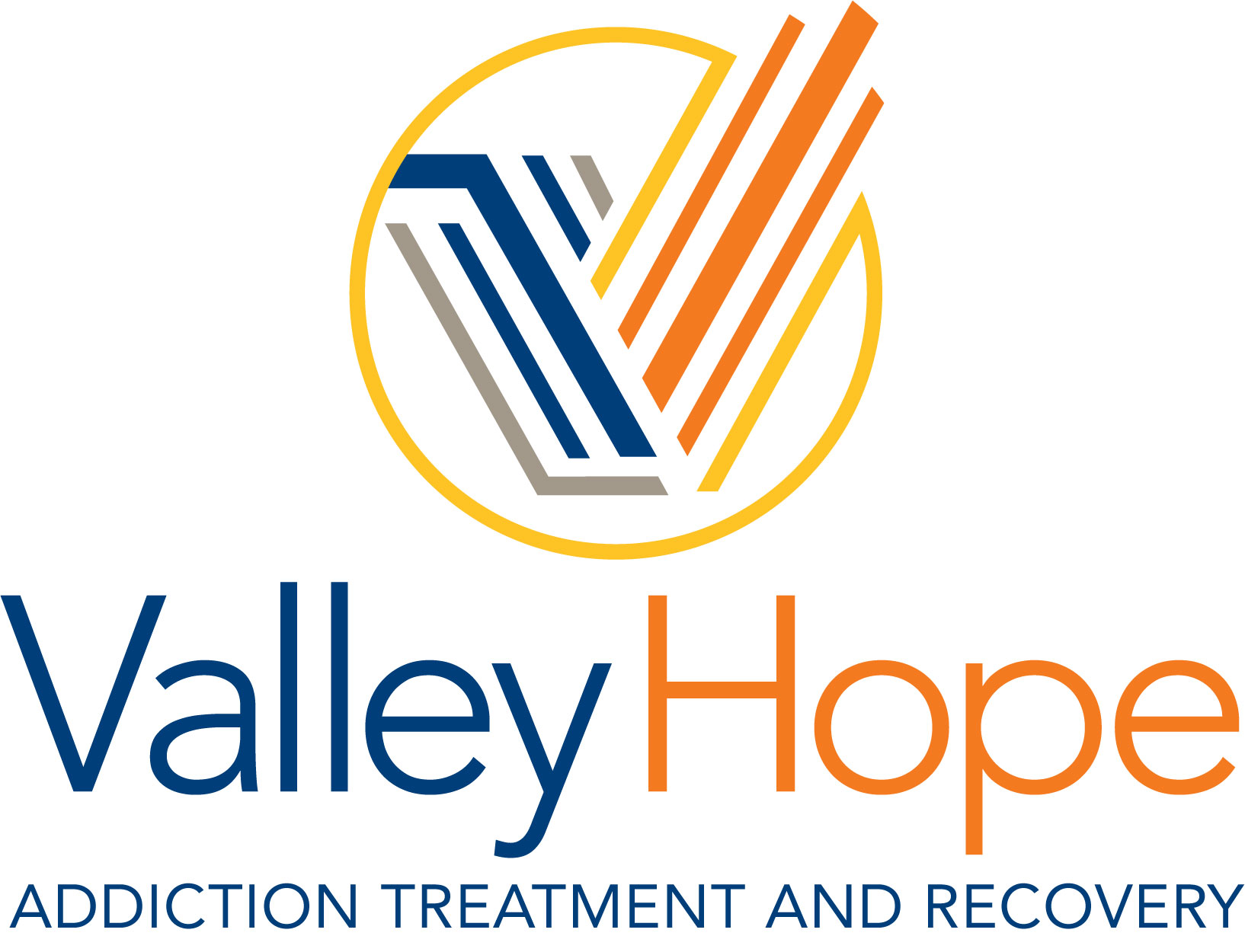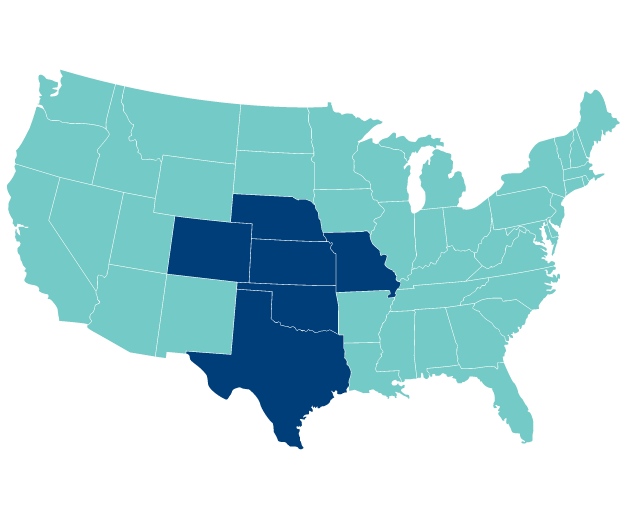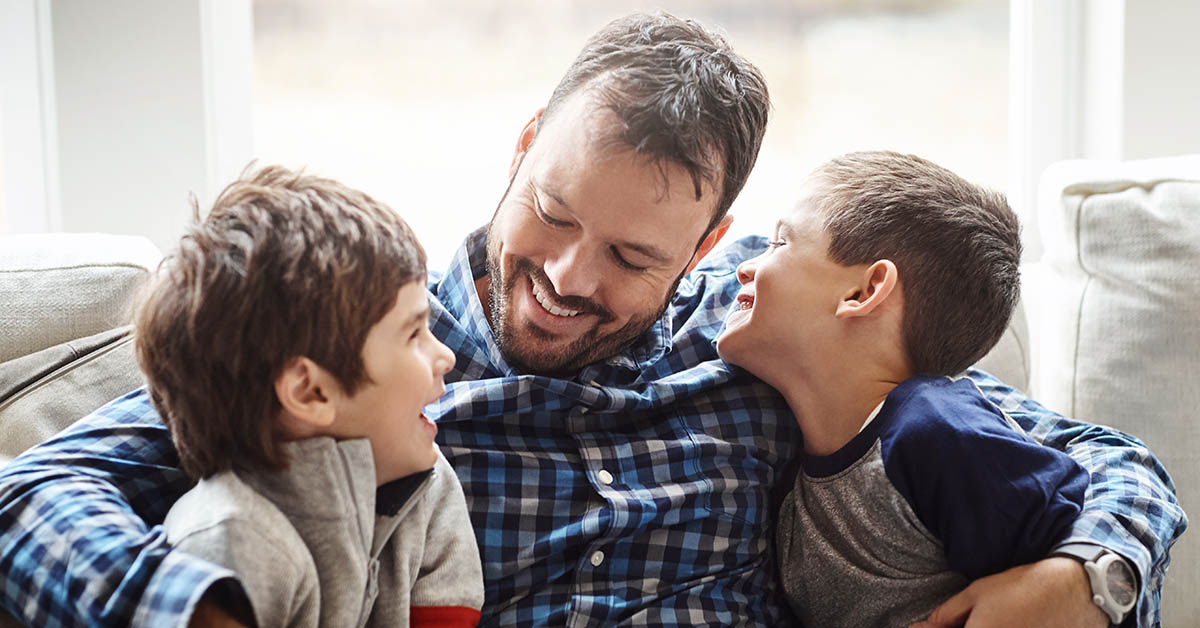When someone develops an addiction to drugs and alcohol, it’s easy to see the direct effects on that individual, but the impact spreads like wildfire. Addiction permeates through family systems, influencing emotional well-being, financial stability, communication, and roles within the household.
Explore the top five ways that addiction impacts families and discover a realistic path toward healing.
1. Addiction is a “Family Disease”
Addiction isn’t just a solitary struggle, it is a family disease. Because family members share emotional bonds and day-to-day lives, the behavior of one person misusing substances will eventually shift the entire dynamics of the household.
As addiction takes hold, trust is eroded, secrecy and deception begin, and family roles adjust, often drastically. The trauma of a loved one can have generational impacts without treatment for the individual and their closest family members.
2. Emotional and Psychological Toll
Family members frequently experience a swirl of emotions that leads to a constant roller coaster that can have long term effects on their own mental health:
- Guilt and Shame: Loved ones may wonder whether they caused or could have prevented the addiction.
- Anger and Resentment: Repeated broken promises or manipulations can lead to deep frustration.
- Fear and Anxiety: The unpredictability of addiction (relapses, health crises, safety concerns) often leaves family members walking on eggshells.
- Depression and Burnout: Over time, the constant stress takes its toll, contributing to mental health struggles.
Family members often find it hard to maintain healthy boundaries or self-care while immersed in the crisis. That’s why seeking help for yourself and other family members impacted by a loved one’s addiction is essential to ensure your own well-being during the crisis.
3. Impact on Children
Children in homes affected by addiction are particularly vulnerable. Many children of addicts take on adult responsibilities when a parent is actively using, causing devastating impacts on the child’s mental health. The consequences of addiction in the home on children are severe, lifelong and often overlooked.
Addicted parents often foster emotional neglect or inconsistency with their frequent physical absences and lack of nurturing their young ones. Exposure to chaos, conflict, and instability can negatively affect the emotional development, learning, and behavior with common afflictions such as anxiety, trauma, and developmental challenges.
In addition, an alarming impact of parental substance abuse is the high risk of addiction among children of addicted parents (SAMSHA). Beyond the cycle of addiction among children of addicts, the chaos and trauma of addiction in the home also impacts a child’s future trust and causes adult relationship difficulties, as some may internalize that relationships are unsafe or unpredictable.
4. Financial & Legal Strain
Addiction often comes with substantial financial consequences on the family budget including sacrificing funding bills, childcare or education with money spent on substances, legal costs and even medical or treatment bills that result from addiction.
The income instability of substance abuse often stems from losing employment because of addiction, which can then lead to debt and credit damage as families may take on debt or exhaust savings in trying to manage related crises.
The financial stress of a loved one’s addiction often compounds emotional strain, creating a vicious cycle.
5. Social Isolation & Stigma
Because addiction is stigmatized, some families retreat socially due to secrecy and shame. Families may hide the addiction, avoiding friends, community, or support.
Unfortunately, this reaction can lead to a breakdown of support systems because over time, isolation can weaken sources of emotional support. Strained social relationships caused by confusion or embarrassment about a loved one’s behavior may push others away.
Finding Family Healing & Addiction Recovery
Even though the wildfire of addiction can be destructive, families can and do heal together. That’s why Valley Hope’s Family Care Program focuses on bringing healing to every member of the family. With therapy-based education, supportive family weekends, and meaningful visitations, we help loved ones reconnect, communicate openly, and move forward together in recovery.
When a family begins to heal through open communication, healthy boundaries, shared understanding, the positive effects work to reduce the toxic impacts of addiction. Relationships solidify, trust rebuilds, children feel safer, and the environment becomes one where recovery can be sustained.
Addiction doesn’t happen in a vacuum. Its spreads outward, touching spouses, children, siblings, and extended family in emotional, financial, relational, and psychological ways. Understanding how substance abuse impacts the loved ones of an addict is the first step toward family healing. Through education, therapy, healthy boundaries, and structured family support, a path to healing is possible.
If your family is struggling, consider exploring Valley Hope’s Family Care program, provided at campuses across the Midwest, including 16 treatment centers across six states. Call (800) 544-5101 to connect with a center to find help for your loved one and for your entire family.










